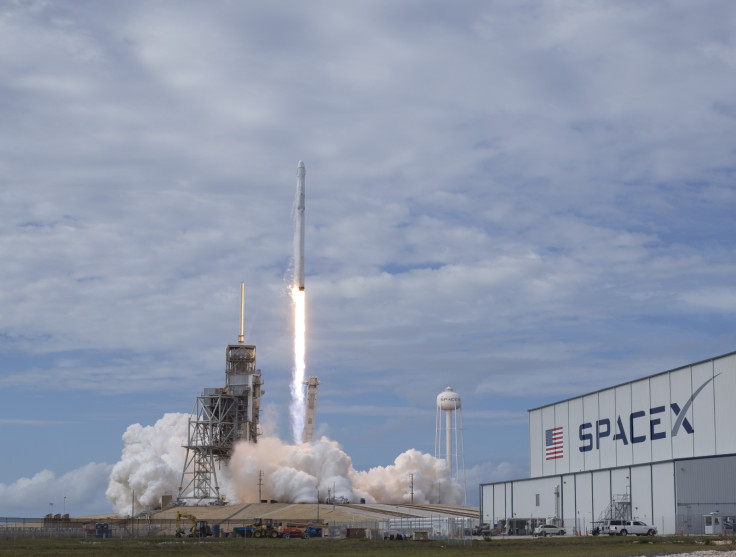NASA, Space X sending manned mission to ISS by 2020
It seems that the public-private partnership model may work well, even in space.
Elon Musk's SpaceX is increasing its space travel capabilities at a rapid pace. The company has already held tests for its Starhopper space rocket and is getting ready to fly missions.
NASA has also tied up with SpaceX for manned flights and had objected recently to SpaceX focussing on other projects and the spat on Twitter between the two grabbed a lot of eyeballs.
It seems now that both the government agency and the company have made up and all is well between the two. On Thursday, NASA officials visited SpaceX headquarters and affirmed that it was positive that the first NASA SpaceX mission will be sent by 2020.
"If everything goes according to plan, it would be in the first quarter of next year. But remember—and this is the important thing that we have to get right on messaging—there are still things that we can learn or could learn that could be challenging that we have to resolve. I'm not saying that's going to happen, I don't know. That's why we test," NASA administrator Jim Bridenstine said of the launch.
NASA has stopped launching its own missions and instead signed contracts with private space agencies such as SpaceX. Despite years of space exploration, NASA missions are way more expensive than private missions. It is currently dependent on Russian missions to send personnel to the International Space Station which costs $80 million per person.
A lot depends on the success of the launch for both SpaceX and NASA. If it is not successful, the monetary, personnel and reputation loss may be difficult to recover from, for both.
The SpaceX mission, if successful, will also reduce space travel costs since the whole idea is to have reusable spaceships that can be used for multiple missions.
Administrator Bridenstine visited @SpaceX headquarters today to see the progress being made on @Commercial_Crew flights to @Space_Station. Check out behind the scenes photos from the tour: https://t.co/R1R2RLkQ0x pic.twitter.com/vzwCginoP1
— NASA HQ PHOTO (@nasahqphoto) October 10, 2019
Elon Musk calls the deploying of parachutes on return to earth, the most critical part of the mission. The SpaceX CEO has stated that the company has already conducted 10 successful tests in a row.
"Space is hard" Musk states.

© Copyright IBTimes 2025. All rights reserved.





















